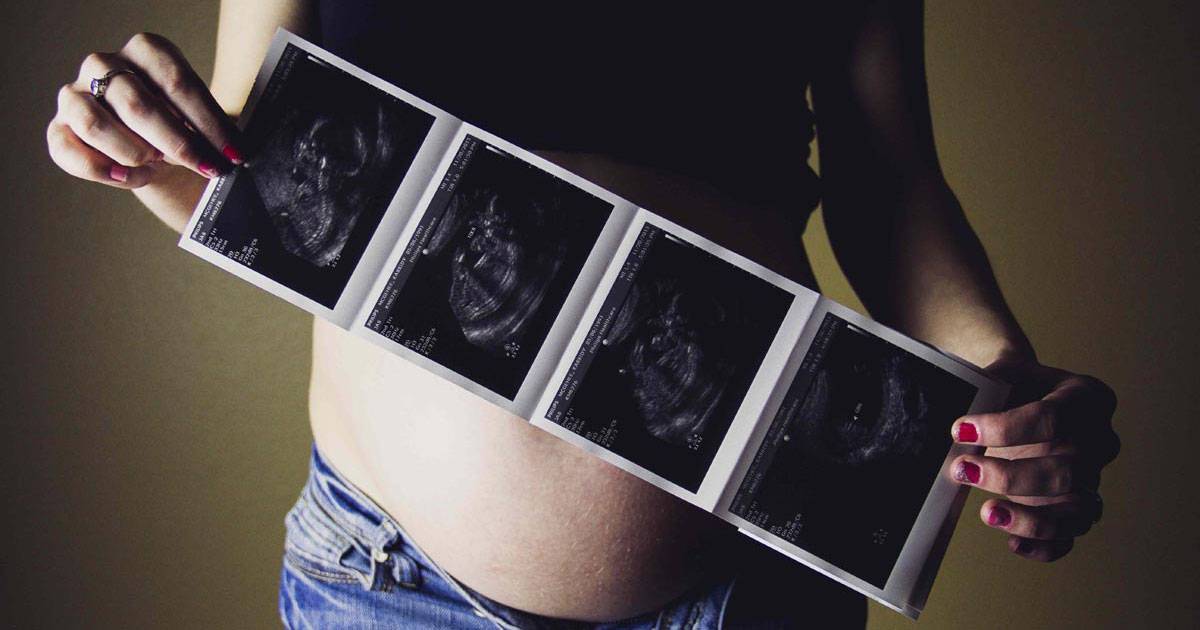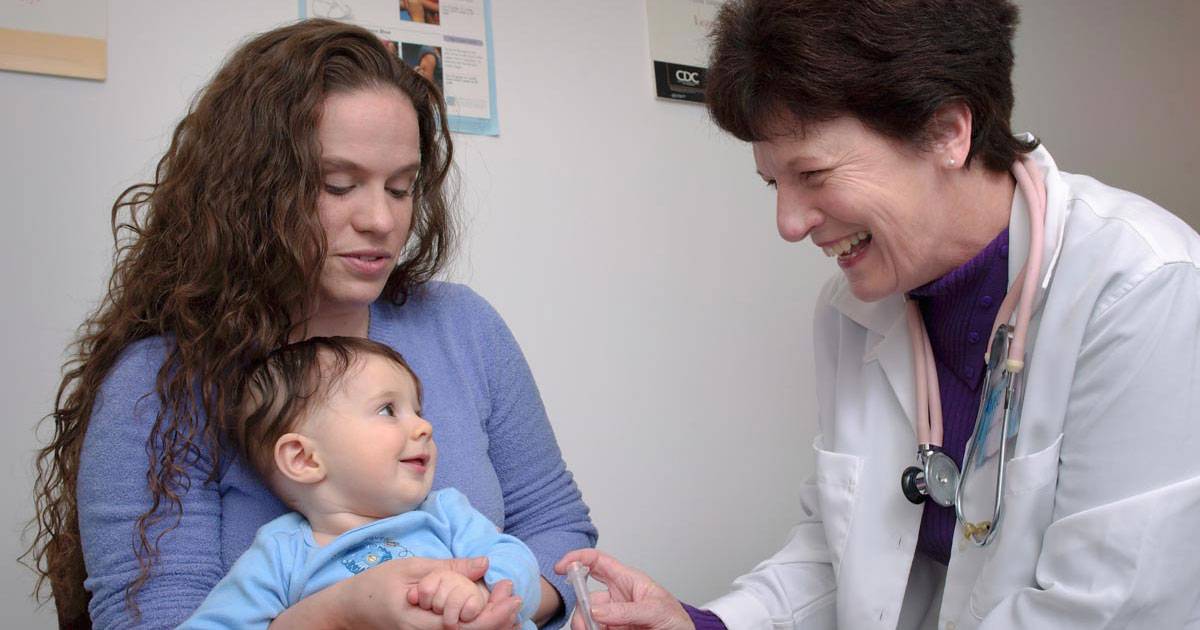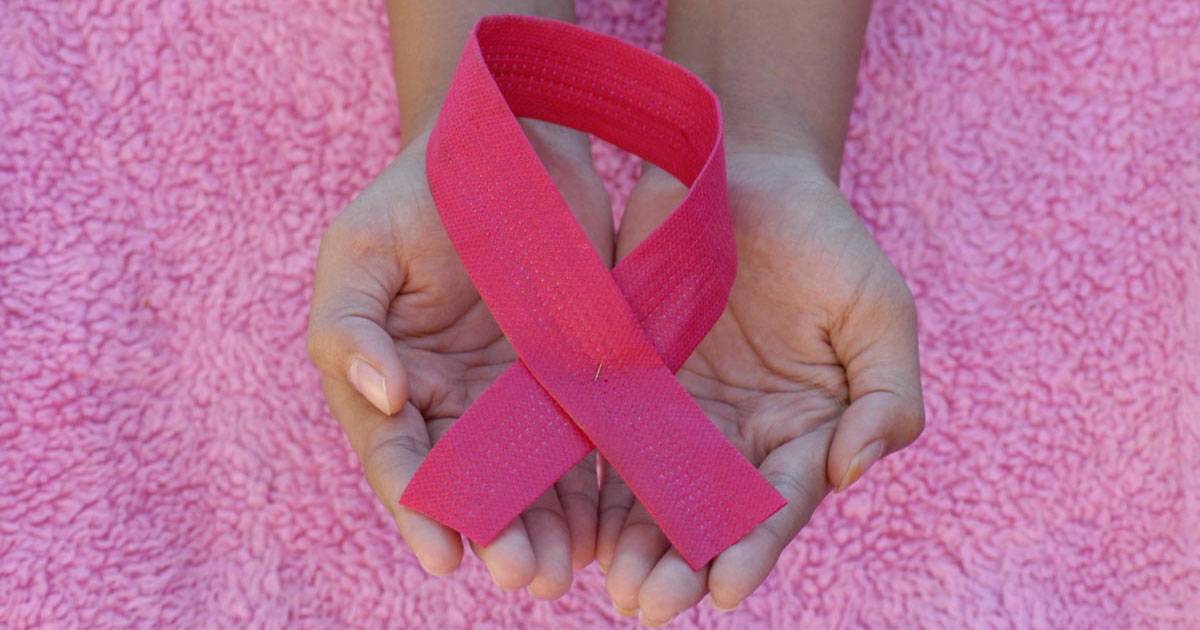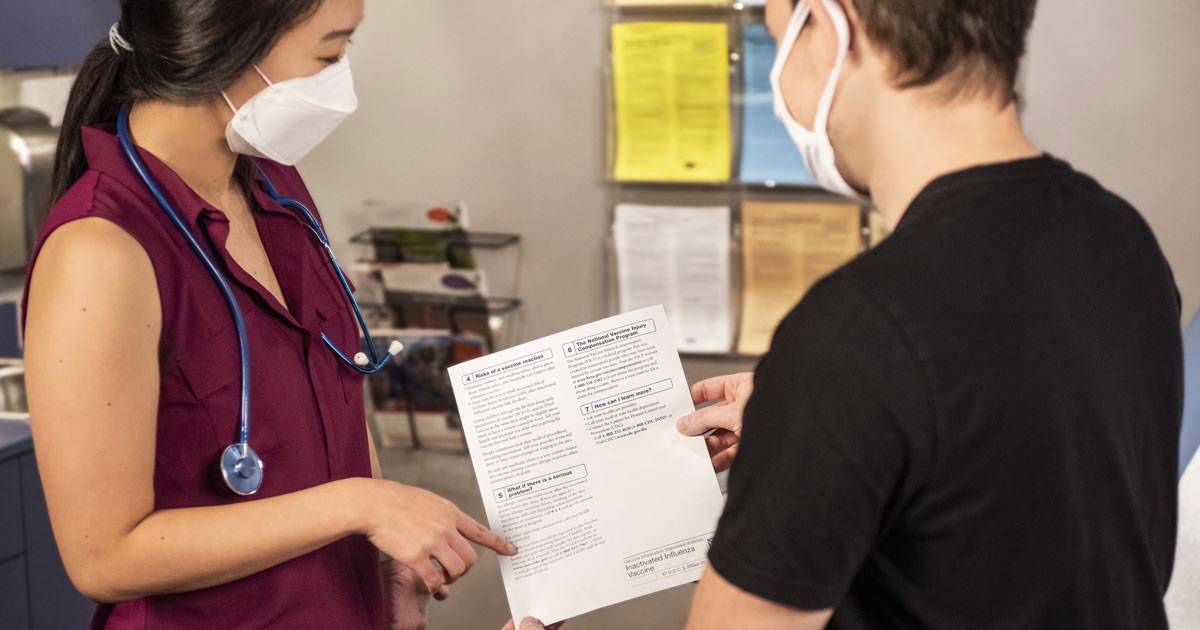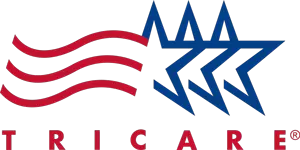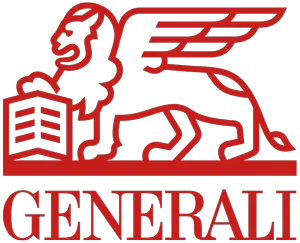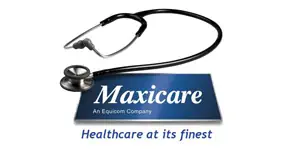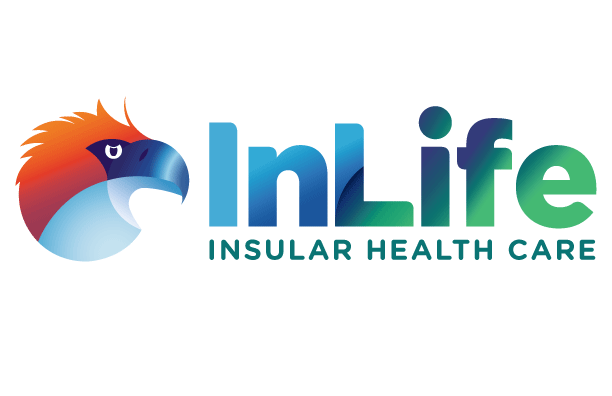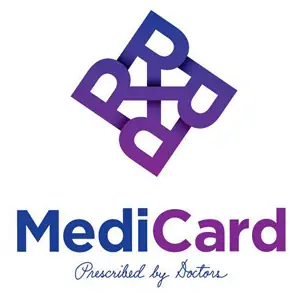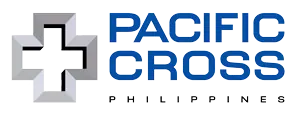When it comes to patient wellness, The Hospital at Maayo is definitely the first choice. The Hospital provides premium healthcare with lower costs, faster procedures, and a rejuvenating hospital ambiance that will help you fully recover.
And true to its beliefs and values, The Hospital at Maayo prioritizes every woman’s wellness in all stages of their lives. With pregnancy being one of the most life-changing and delicate experiences for any woman, The Hospital offers the best women’s wellness procedures tailored for this special health condition, one being the Congenital Anomaly Scan.
What is a congenital anomaly scan?
A congenital anomaly scan, also known as a mid-pregnancy scan, takes a close look at your baby and your womb (uterus). This scan helps would-be mothers to find out about the possible problems or concerns regarding their baby’s development.
There are lots of conditions that can be detected through the anomaly scan, which can be treated early on or after your baby is born. Through these scans, your healthcare provider can give the best treatment and care for you and your baby.
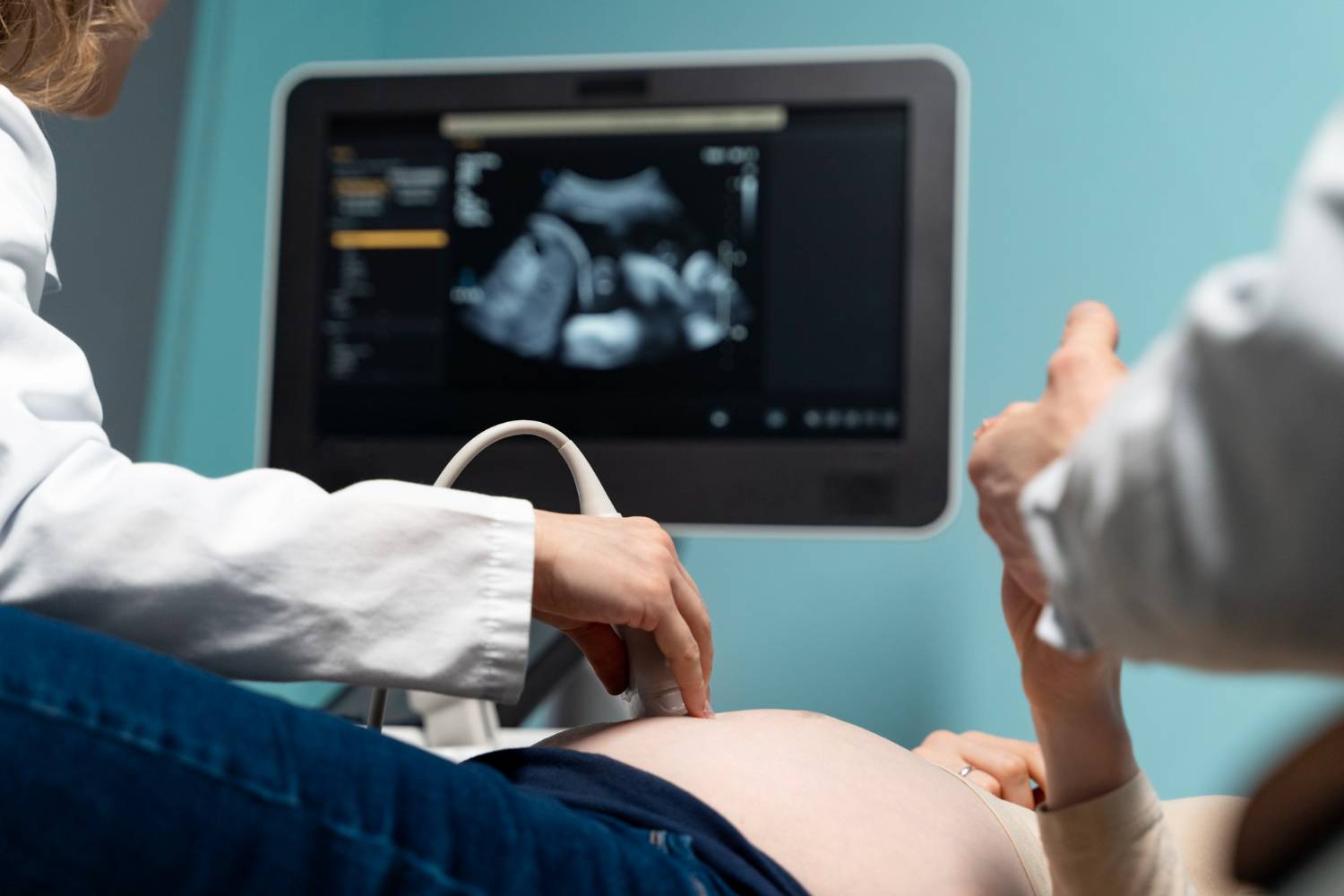
6 things you need to know about congenital anomaly scans
Pregnancy is an exciting time for most women, but also a delicate phase for would-be mothers. To put yourself at ease, a congenital anomaly scan can be very helpful in finding out your baby’s condition, and also sharing in the wonderful moment of your baby’s development with your husband or family.
But aside from those things, here are some vital facts that you should know about congenital anomaly scans.
1. There’s an expectation and then there’s the reality.
When it comes to health, we should never second guess how our entire body is doing. We cannot just skip health checkups just because we are feeling fine, especially in pregnancies.
The congenital anomaly scans ensure that you know exactly how your baby is doing. You cannot exactly see and base your baby’s development from simply relying on what you are feeling, so you should always expect the best and the worst. While we cannot truly avoid unfortunate cases where babies may have some development problems in any course of your pregnancy, at least scans can help in early detection and treatment.
2. A congenital anomaly scan takes 30 minutes.
The congenital anomaly scan only takes half an hour, so you don’t have to worry much about spending hours on this procedure. Rest assured that your sonographer will keep you comfortable while giving a comprehensive examination and explanation on your baby’s conditions.
3. Congenital anomaly scans are done at about 20-28 weeks.
Though the scan is best known as the 20-week scan to some healthcare experts, it may also be done within 20-28 weeks. The said duration is the most ideal for this scan since your baby’s body structure (skin, arms, legs, internal organs, etc.) should have been developed at this time.
For this reason, sonographers get to have a better look at possible conditions concerning your baby’s structural development. But take note that not all conditions may be spotted in this scan, so it is still important to have your executive health-checkups during the course of your pregnancy.
4. A congenital anomaly scan detects spina bifida, cleft lip or palate, or cardiac abnormalities.
One of the significant reasons why you need to get anomaly scans is because they help detect congenital abnormalities. Some of them are:
- Spina bifida – a condition where the baby’s spine and spinal cord didn’t form properly.
- Cleft lip or palate – a condition where the baby’s lip tissue didn’t join properly.
- Cardiac abnormalities – conditions where the baby’s heart structures have defects.
- Edward’s syndrome – a condition where the baby has extra chromosome 18, which causes severe disability.
There are other conditions that can be detected through anomaly scans. While some conditions can be treated or can still be given interventions once your baby is born, some conditions can be life-threatening. But take note that some conditions may be harder to detect in anomaly scans alone, so ensure that you always consult your doctor.
5. It is perfectly safe for you and your baby.
There are no medical risks for you and your baby when it comes to taking congenital anomaly scans. Through years of medical research, scans are proven to be safe, and do not have the same risks of X-rays for babies.
Having a congenital anomaly scan also ensures your baby’s safety. It will help you make better decisions with your husband or family, if there should be an unfortunate event when your risk for miscarriage or other health conditions will be detected.
6. There are available services for you should any issue be detected.
The Hospital at Maayo values your life and the baby that you are carrying. With that said, there are lots of premium medical services that The Hospital can offer from diagnostic tests, to therapeutic care, and other special treatment services.
Congenital anomaly scan process
During the congenital anomaly scan, your sonographer will take a good look at the different parts of your baby’s body. To start the procedure, you’ll be asked to lie on a couch and to lower your pants to your hips. You would also have to lift your top to your chest so that your abdomen remains uncovered.
After that, the sonographer will place tissue paper around your clothes to protect from the scan gel. This gel will be put on your tummy, where the handheld probe would be used to scan the body of your baby.
To give you an idea of what you’ll look at during the congenital anomaly scan, here are the usual processes that sonographers will do:
- The sonographer will look at the head and brain of your child. Brain conditions, though rare, will be visible at this stage.
- The baby’s face will be checked, and this is when cleft lip or palates are detected.
- The baby’s spine is examined to check if the bones are forming properly and the baby’s skin is covering the spine.
- The baby’s abdominal wall is next. The sonographer checks if all internal organs are covered.
- The sonographer checks the baby’s heart, especially the major veins and arteries to ensure that they carry blood to and from your child’s heart.
- The baby’s stomach is also examined, where you will see the amniotic fluid that your baby is lying in. It usually looks like a black bubble.
- The baby’s kidneys are next to be examined, and the sonographer checks if your baby has two kidneys.
- Your baby’s other body parts such as arms, hands, feet, and other parts of the body to check if they are complete.
- The placenta and umbilical cord is also checked as well, in case there may be problems with the placement of your baby’s umbilical cord.
Why do I need to have this scan done?
The idea of doing the congenital anomaly scan, especially the possibility of detecting a condition, can be a nerve-wracking experience for any would-be parent. But it helps put your mind at ease that your baby is growing just fine, and also helps you decide on your next course of action should your baby have health conditions present.
Usually, your sonographer will recommend you to get another series of tests just to be sure about your baby’s condition. Your healthcare provider will explain the reasons for such tests, and how these procedures are done.
Take note as well that in some cases, you might be asked to do another congenital anomaly scan. Don’t worry too much as anomaly scans are sometimes repeated for different reasons. For example, the most common reason is that the sonographer was not able to see everything clearly because (1) your baby is not in the best position for the scan or (2) you are overweight.
To clarify, being overweight can make the scan images less clear. Scans use safe, high-frequency waves to get a better scan of your baby. So if you have more body fat, these waves make it difficult for the waves to pass through.
There are lots of things that can happen in your nine months of pregnancy, so it is important to check on you and your baby’s condition throughout those months. Regular checkups and taking the recommended procedures like congenital anomaly scans help avoid unfortunate health problems in this wonderful moment of your life.
If you have concerns or questions on your pregnancy, book an appointment at The Hospital at Maayo for all your healthcare needs.




